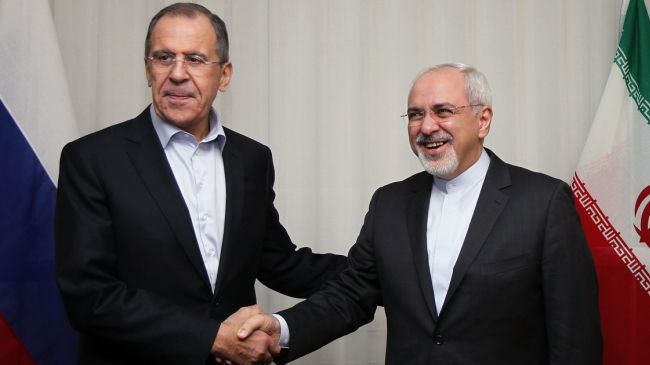
BY: Abdullah Muradoğlu*
The happiest party at the end of the day was Israel. Former Mossad President Efraim Halewy said that they remained merrily impartial for seven years while watching the conflict between the Shiites and the Sunnis. According to Halewy, they both served Israel’s strategic interests and worked toward weakening Iraq and Iran. This war served to weaken the key point of Israel’s planning: The “eastern front threat.” This war was compensation for the toppling of Israel’s strategic ally, the Iran shah.
When the war ended in 1988, both sides had massive losses. Close to 1 million people lost their lives, and about 2 million people were injured. The losses for both countries was about $390 billion. While Iran’s daily petrol production was 4.6 million barrels in 1979, this number dropped to 600,000 barrels in 1981. Iraq’s petrol production dropped from 3 million to 550,000 barrels. The Gulf Emirates spent $42 billion on Iraq during this war period. The natural resources of Iran, Iraq and the Arabian Peninsula were wasted with this war. A reasonable part of this money filled the pockets of Western weapon industrialists. When the sides of a war are Muslim, the U.S., the West and Russia want the war to continue. They will not give this up as long as it does not affect their interests.



